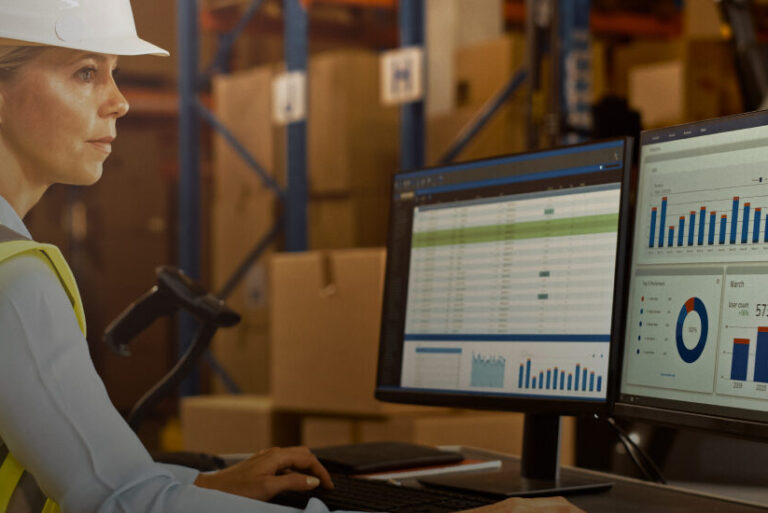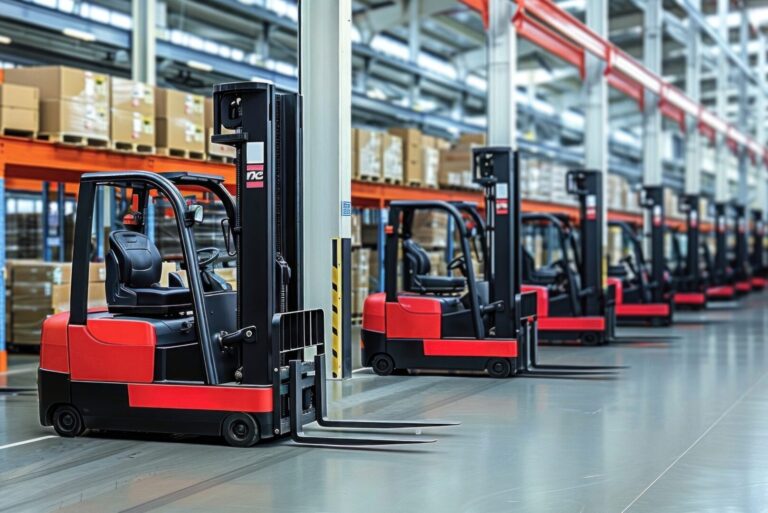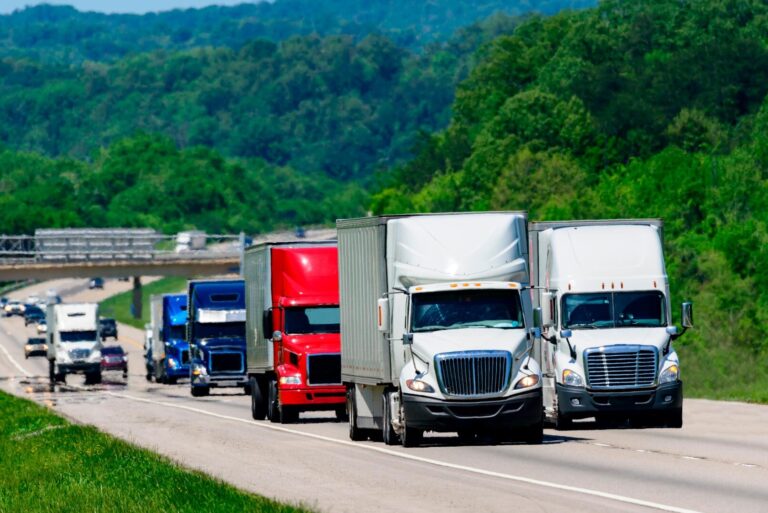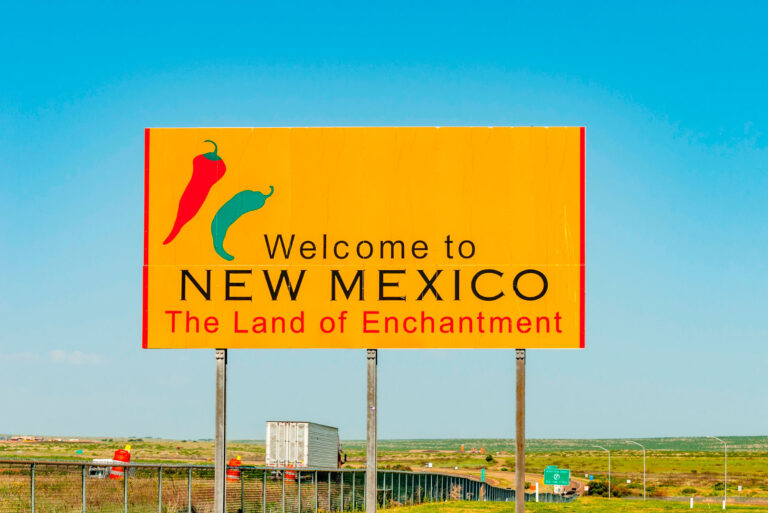Oregon Clean Fuels Program: A Guide
September 8, 2023
Oregon’s Clean Fuels Program (CFP) was implemented in 2016 as a method of reducing greenhouse gas emissions from the transportation sector. The program incentivizes the transition to low-carbon and alternative fuel vehicles in commercial transportation by requiring fuel suppliers to reduce the carbon intensity (CI) of their fuels and allowing owners of electric vehicle (EV) chargers and electric material handling equipment (MHE) to earn rebates for their reduced fuel emissions.
This article provides an overview of Oregon’s Clean Fuels Program, including its goals and impacts, and how EV charger owners can take advantage of rebate opportunities.
The Purpose of the Clean Fuels Program
Oregon's Clean Fuels Program (CFP) was implemented as a method of reducing greenhouse gas (GHG) emissions from the state’s transportation sector, which currently accounts for approximately 40% of Oregon’s GHG emissions. Under the CFP, Oregon aims to reduce the carbon intensity of transportation fuels by 10% of 2015 levels by 2025, 20% by 2030, and 37% by 2035.
The CFP uses market-based incentives to promote the use of cleaner transportation fuels throughout the state, including electric, renewable diesel, and hydrogen as transportation fuels. Under the CFP, fuel suppliers are required to reduce the CI of their fuels to meet annual targets. Suppliers of low-carbon and alternative fuels can generate credits for their reduced emissions, which can be sold to regulated fuel suppliers. Through this system, owners of electric equipment like forklifts and transportation refrigeration units and owners of electric vehicle charging stations can earn additional revenue through their reduced emissions.
Read more: What Are Energy Rebate Programs?
Who Is Eligible to Earn Credits?
Under Oregon’s CFP, fuels with a CI below the annual threshold are eligible to earn CFP credits, which can be sold to suppliers that need to offset their deficits. Eligible entities include:
- Owners of electric forklifts
- Owners of transportation refrigeration units
Owners of electric vehicle charging stations, including charging stations for:
- Buses
- Trucks
- Cars
Owners of electric MHE charging stations, including:
- Ground support equipment
- Cargo-handling equipment
Credit generators earn one credit for every metric ton of carbon offset through low-carbon and electric fuels, which can be resold to fuel suppliers in a credit deficit. Credit generation can act as an additional revenue stream for EV fleet owners, who can take advantage of strategies that maximize their earnings.
Read more: How do Oregon CFP Credits Work?
How Oregon Fleet Owners Can Maximize Their Earnings

Learn more about how SCT can help you earn with Oregon’s Clean Fuels Program. Or, contact us today.
Related Posts









